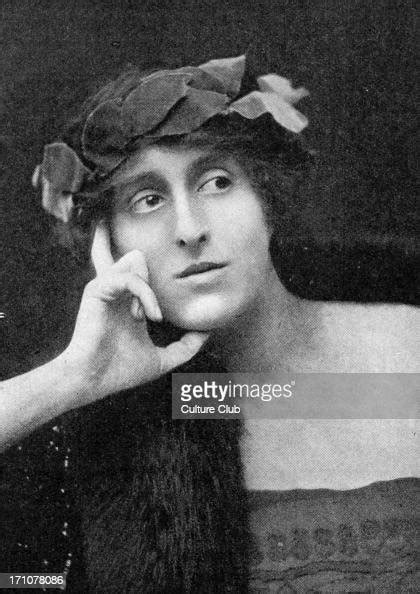A Quote by Amos Bronson Alcott
While one finds company in himself and his pursuits, he cannot feel old, no matter what his years may be.
Related Quotes
The true solitary ... will feel that he is himself only when he is alone; when he is in company he will feel that he perjures himself, prostitutes himself to the exactions of others; he will feel that time spent in company is time lost; he will be conscious only of his impatience to get back to his true life.
It is not a man's duty, as a matter of course, to devote himself to the eradication of any, even the most enormous wrong; he may still properly have other concerns to engage him; but it is his duty, at least, to wash his hands of it, and, if he gives it no thought longer, not to give it practically his support. If I devote myself to other pursuits and contemplations, I must first see, at least, that I do not pursue them sitting upon another man's shoulders.
No man, however enslaved to his appetites, or hurried by his passions, can, while he preserves his intellects unimpaired, please himself with promoting the corruption of others. He whose merit has enlarged his influence would surely wish to exert it for the benefit of mankind. Yet such will be the effect of his reputation, while he suffers himself to indulge in any favourite fault, that they who have no hope to reach his excellence will catch at his failings, and his virtues will be cited to justify the copiers of his vices.
Let no one imagine that he will lose anything of human dignity by this voluntary sell-out of his all to his God. He does not by this degrade himself as a man; rather he finds his right place of high honor as one made in the image of his Creator. His deep disgrace lay in his moral derangement, his unnatural usurpation of the place of God. His honor will be proved by restoring again that stolen throne. In exalting God over all, he finds his own highest honor upheld.
Since the social victim has been oppressed by society, he comes to feel that his individual life will be improved more by changes in society than by his own initiative. Without realizing it, he makes society rather than himself the agent of change. The power he finds in his victimization may lead him to collective action against society, but it also encourages passivity within the sphere of his personal life.
To teach effectively a teacher must develop a feeling for his subject; he cannot make his students sense its vitality if he does not sense it himself. He cannot share his enthusiasm when he has no enthusiasm to share. How he makes his point may be as important as the point he makes; he must personally feel it to be important.
There exists an infinite, eternal Being, subsisting of himself, who is one without being alone; for he finds in his own essence relations whence, with the necessary movement of his life, results the absolute plenitude of his perfection and his happiness. A Being unique and complete, God suffices to himself.
The child's conquest of independence begins with his first introduction to life. While he is developing, he perfects himself and overcomes every obstacle that he finds in his path. A vital force is active within him, and this guides his efforts towards their goal. It is a force called the 'horme', by Sir Percy Nunn.
A Godly leader ... finds strength by realizing his weakness
finds authority by being under authority
finds direction by laying down his plans
finds vision by seeing the needs of others
finds credibility by being an example
finds loyalty by expressing compassion
finds honor by being faithful
finds greatness by being a servant
The real meaning of persona is a mask, such as actors were accustomed to wear on the ancient stage; and it is quite true that no one shows himself as he is, but wears his mask and plays his part. Indeed, the whole of our social arrangements may be likened to a perpetual comedy; and this is why a man who is worth anything finds society so insipid, while a blockhead is quite at home in it.



































